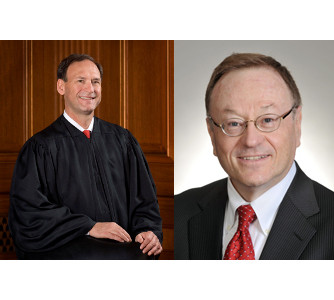Professor Matthew G. Sipe · April 2020
88 Geo. Wash. L. Rev. Arguendo 21
On April 17th, 2019, Senators Tillis (R-NC) and Coons (D-DE), along with Representatives Collins (R-GA), Johnson (D-GA), and Stivers (R-OH), released a draft of proposed reforms to § 101 of the patent statute—the provision governing subject-matter eligibility—citing, among other reasons, the complexities and “uncertainties in . . . this area of patent law jurisprudence.” A revised draft was released on May 22nd, repeating the same critique of the status quo: “We believe this draft framework represents a true balance that will restore integrity, predictability, and stability to our nation’s patent system . . . .” Since then, the Senate Judiciary Committee’s Subcommittee on Intellectual Property has held hearings and solicited testimony from dozens of witnesses regarding § 101, including “representatives from industry, academia, bar associations, and trade groups” alike—many of whom made similar arguments about the need for greater clarity and certainty. But what do members of the judiciary think, particularly the district court judges that are actually responsible for adjudicating § 101 disputes? This Essay presents unique data, based on a survey of district court judges directly in cooperation with the Federal Judicial Center, to shed light on that question. After a brief discussion of § 101’s role and critics, the survey’s design and results are presented, along with the nuanced takeaways for reform-minded policymakers to consider if the legislative process continues to move forward.


